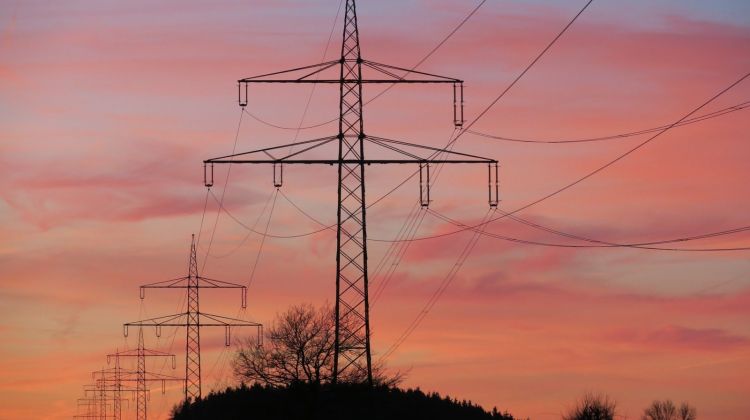Electricity network companies tendered a record 4.6GW of capacity on Great Britain’s local flexibility markets last year, with 2GW contracted, according to Energy Networks Association (ENA) data.
ENA figures show that over 70% of the contracted flexibility is made up of low-carbon technologies, such as battery storage and solar.
The ENA said the figures showed the progress made under the Open Networks programme, which brings together the UK’s electricity grid operators to speed up grid connections. The Open Networks programme is in its sixth year, and is supported by Ofgem.
ENA also published a Success Framework which “outlines the key outcomes the [Open Networks] programme is set to deliver in 2023 along with the timeline for implementation”.
Flexibility in energy system demand management is becoming ever more important as more renewable energy generation is added to the network, which comes with the issue of intermittent output.
The government and Ofgem’s Smart Systems and Flexibility Plan (2021), suggested that flexibility could save consumers £10bn per year in energy costs by 2050 and reduce the total cost of the net zero transition by up to £70bn.
Energy companies like Octopus and OVO are increasingly helping to provide demand flexibility to the system by incentivising customers to increase or decrease their consumption when renewable generation is high or low.
Dr Avi Aithal, head of open networks at ENA, said: “The statistics we’ve released today show just how far flexibility has come. We believe these figures make Great Britain one of the biggest flexibility markets in the world. But today’s success is history tomorrow, so we need to keep pushing on and maximising flexibility across the networks.”
“The government’s and Ofgem’s support for the programme has been invaluable and we look forward to continuing to work closely with them. It’s been a tremendously exciting time for the scheme as we have been focused on making flexibility accessible to everyone in the UK, which is vital to helping the UK meet our net zero goals at the least cost to customers,” he added.






